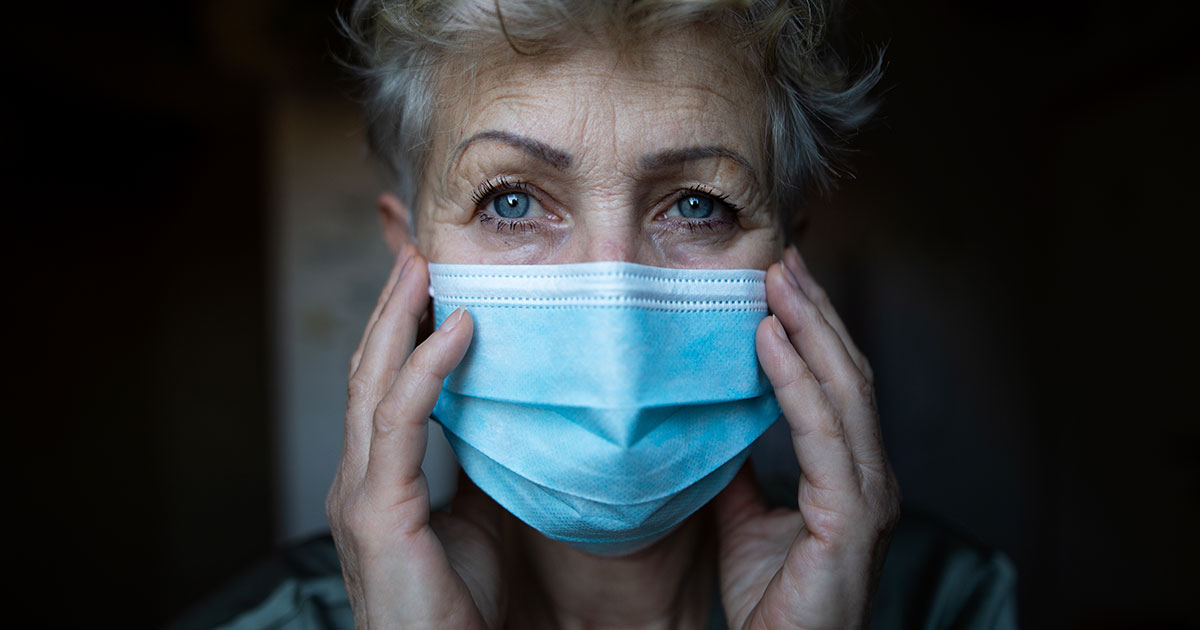This years theme is "You Are Not Alone"
According to Mental Health America’s 2021 report, the prevalence of mental health conditions is skyrocketing among all age groups, and too many are not receiving the care they need. Pre-pandemic, it was reported 19% of adults experienced a mental illness, but the number of those suffering over the past year has grown by 1.5 million. Almost 25% of adults with mental illness are not receiving the treatment they need. Among youth, almost 10% are experiencing major depression, and only 27% are receiving consistent care, with 60% receiving no care at all. The reasons for this are complex but can be attributed to both the stigma of mental illness and lack of accessible care.
Patients’ mental health shouldn’t only be concerning for psychiatrists and psychologists. Because mental illness can impact every aspect of a person’s life and wellbeing, it’s important for all physicians and advanced practitioners to be cognizant of the impact it can have on their patients’ physical wellbeing, too. Mental illness can make it more difficult for patients to both seek and be receptive to care. And it’s equally as important physicians and advanced practitioners are being mindful of their own mental health and taking care of themselves.
The 2021 Medscape National Physician Burnout & Suicide Report painted an alarming picture of the state of clinicians’ mental health. Physician and advanced practitioner burnout has been an issue well before the pandemic, but this year almost 50% of survey respondents reported the burnout they’re experiencing is having a strong or severe impact on their lives. One OB/GYN explained, “I often feel despair. I have severe anxiety and PTSD. I have severe self-doubt, and I have lost the strong sense of self and values I once had.”





